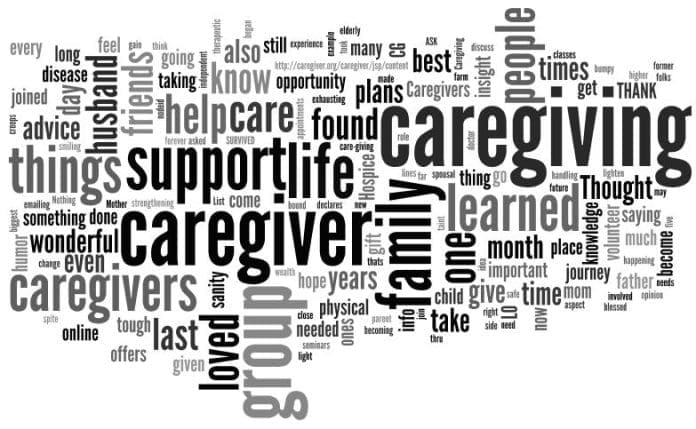Growing calls for urgent policy reform are highlighting Ghana’s hidden care crisis, where 90% of caregivers supporting children with developmental disabilities provide unpaid services at significant personal cost while the country’s inclusive education system fails to meet basic needs.
A policy dialogue held in Accra on September 11, 2025, brought together stakeholders who identified stark disparities in Ghana’s approach to disability care, revealing that mothers of children with cerebral palsy bear disproportionate burdens while receiving minimal support from government systems.
The gathering, organized by CDS Africa in partnership with the Center for Learning and Childhood Development and Songtaba, exposed critical gaps between Ghana’s theoretical commitment to inclusive education and the harsh realities facing families daily.
Dr. Kwame Sakyi from the Center for Learning and Childhood Development emphasized how systemic exclusion affects long-term outcomes for children with developmental disabilities, noting that current support structures favor caregivers of boys over those caring for girls in what advocates describe as compounding discrimination.
Hannah Awadzi, both caregiver and advocate, shared her personal struggle that illustrates the broader crisis facing thousands of families across Ghana. Her 12-year-old daughter has been rejected by ten different schools, forcing Awadzi to abandon formal education options entirely in favor of homeschooling.
“When people see mothers like us with our children, the assumption is that we’re poor and need handouts,” Awadzi explained. “But that’s not what I want. I want my daughter to have a life.” Her story reflects the stigma and misconceptions that compound the practical challenges facing disability caregivers.
The emotional and physical toll on caregivers extends far beyond immediate care responsibilities. Recent data indicates that unpaid caregivers face significant mental health challenges, with many reporting depression, anxiety, and social isolation as direct consequences of their uncompensated care work.
Ghana’s inclusive education policy exists on paper, but implementation remains inconsistent and inadequate across the country. Belinda Bukari, Unit Head for Education of Children with Developmental Needs at the Ghana Education Service, acknowledged that public schools face serious constraints that limit their ability to provide genuine inclusive education.
Rural areas face particularly acute challenges, with many schools lacking basic accessibility features. The systemic problems extend to classroom management, where teachers managing 40 students cannot effectively support children with severe developmental needs without dedicated assistants or specialized training.
“We don’t want to mainstream just to exclude, we want true inclusion, and that requires logistical support,” Bukari emphasized, highlighting the gap between policy aspirations and practical implementation capacity.
The crisis reflects broader issues within Ghana’s social protection framework, where unpaid care work remains largely invisible in national development planning despite its crucial role in supporting vulnerable populations. Women’s rights organizations and civil society groups have been leading advocacy efforts to push for legislative recognition and policy reform.
The momentum building around unpaid care work advocacy extends beyond disability care to encompass broader household responsibilities, but the unique challenges facing disability caregivers require specialized attention and targeted interventions.
Stakeholders at the September dialogue called for stronger collaboration among government agencies, NGOs, and community leaders to address the multifaceted nature of the crisis. The solutions require coordinated approaches that address both immediate support needs and long-term systemic reforms.
The economic dimensions of unpaid care work represent a significant but uncounted contribution to Ghana’s development. Caregivers provide essential services that would otherwise require professional support, yet this contribution remains unrecognized in economic calculations and policy planning.
International frameworks, including Ghana’s ratification of the UN Convention on the Rights of Persons with Disabilities, create legal obligations to ensure inclusive education and support for families of children with disabilities. However, the gap between international commitments and domestic implementation continues to widen.
The advocacy push comes as Ghana faces broader economic challenges that strain public resources for social services. However, advocates argue that investing in proper support systems would ultimately reduce long-term costs while improving outcomes for both children with disabilities and their families.
As the dialogue continues, the growing coalition of advocates, caregivers, and professionals is demanding comprehensive policy reform that addresses both the immediate crisis and underlying structural inequalities that perpetuate Ghana’s hidden care burden.
The path forward requires not just increased funding, but fundamental shifts in how Ghana values care work and supports families navigating the complex challenges of raising children with developmental disabilities in a society that too often renders them invisible.
Source: newsghana.com.gh











